Some would say yes, but the answer is a scientific no. Even 470-million-year-old fossils (no pun intended) can attend – and get a backstage pass!
Professor Mats E. Eriksson, however, is no fossil himself. In contrast, he is a mere 51 years old, which doesn’t come anywhere close in age to the fossils he studies. He is a geology alumnus from Lund University, a Lund University professor in palaeontology and a huge rock music fan.
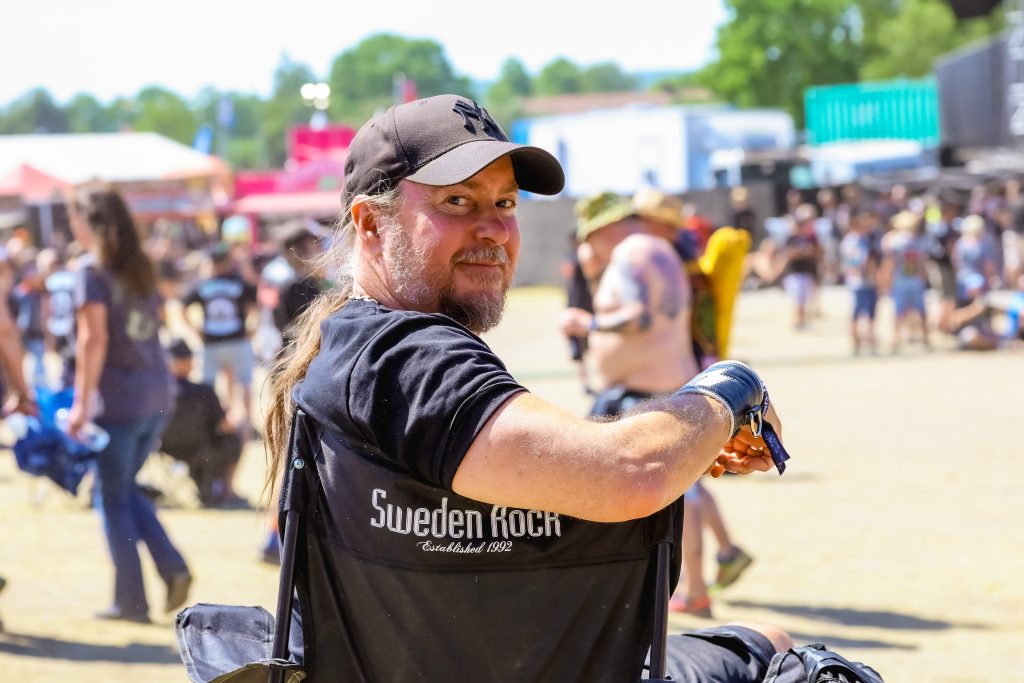
When scientists discover a new and unknown fossil, they get to give it a name
In 2021, Professor Mats E. Eriksson created a name for himself across the world when he and his colleagues named one of their discovered fossils Drepanoistodus iommii after the iconic Black Sabbath guitarist Tony Iommi. It caused a lot of media attention but was not the first (or last) fossil that Eriksson had named after legendary rockstars. In the “The Rock Fossil Hall of Fame” you’ll also find Frank Zappa 1997, Lemmy Kilmister 2006, King Diamond 2012, Alex Webster 2017, Ian Paice and Tomas Haake 2022 with the slightly more scientific takes on their names:
Oenonites zappae | Kalloprion kilmisteri | Kingnites diamondi | Websteroprion armstrongi | Drepanoistodus iommii | Ophiopetagno paicei | Muldaster haakei
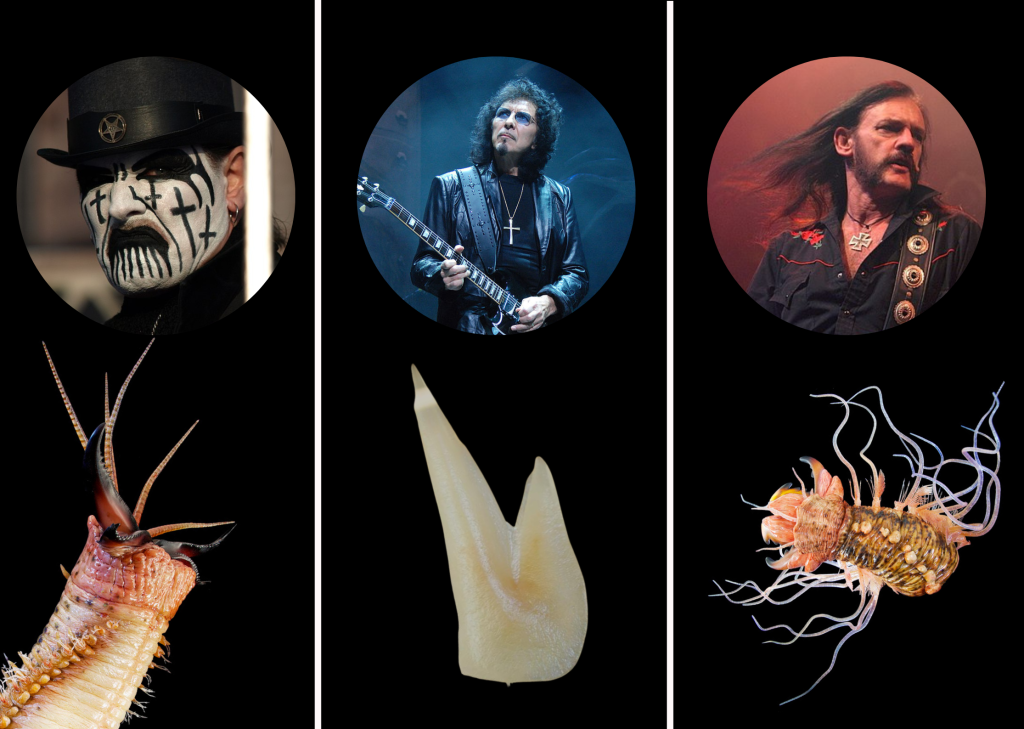
So if Ross in Friends made palaeontology famous to TV-lovers, then Mats Eriksson made palaeontology famous to rock ‘n’ roll-lovers all over the globe. However, this was done not solely by giving these old prehistoric fossils cool names, but also by showcasing the fossils to new audiences in a new and innovative way.
Rock fossils on tour
When the professor was asked if he wanted to do a natural science exhibition and showcase models of the “rock fossils,” of course he accepted. The exhibition was first opened in 2013 in Denmark at the Geomuseum Faxe, with the actual Rockstar King Diamond attending and revealing the fossil named in his honour.
In 2019, the Rock Fossils world tour exhibit was showcased both at Copenhell (Denmark’s largest metal festival) and Sweden Rock (Sweden’s largest rock festival), where rock enthusiasts could experience natural science in a whole new context. It was successful and everyone loved it!
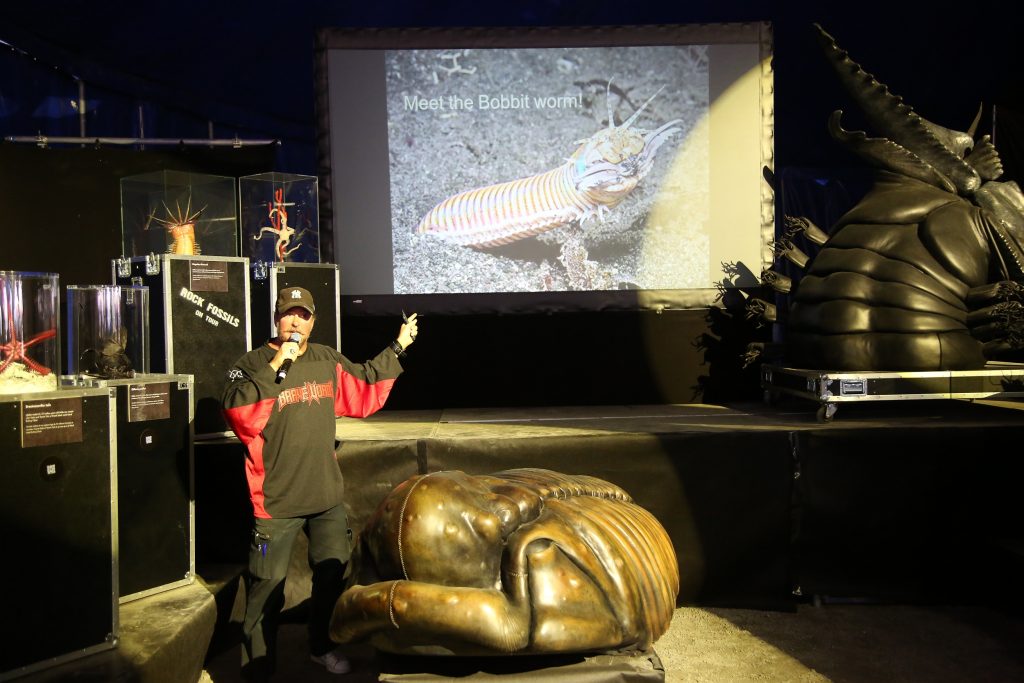
The love for beetles and The Beatles
As a child, Mats never really knew that he wanted to be a palaeontologist. But he had always loved nature and animals and jokingly tells people that he loved both beetles and “The Beatles.”
Initially, he entertained the idea of pursuing a career in biology. However, his perspective took an intriguing turn when his first university course encompassed not only biology, but also geology and mathematics. It was during this immersive experience that he became captivated by palaeontology, a discipline situated at the crossroads of biology and geology. According to Wikipedia’s definition, palaeontology utilizes an array of scientific methods, including biochemistry, mathematics and engineering, to unveil the evolutionary chronicles of life from nearly 4 billion years ago.
How palaeontology and Rock ‘n’ Roll came together
Combining his love for palaeontology with his love for rock music really came about mostly to entertain himself and pay tribute to his personal heroes. It also turned out to be an effective way to gain attention and communicate research and science to the public in an entertaining way, and so he continued. In addition to Rock Fossils on tour, Mats has written two books on the topic: Another Primordial Day – the paleo metal diaries (2019) and Hårdrocksfossil (2017). In these books, he among other things, discusses the music industry’s unexpectedly strong connection to extinct animal species.

For example, have you thought about how death can be a recipe for success in life? How old the world’s oldest identified vomit is? Which animal in Sweden is the ugliest and if bolts of lightning can really be petrified? If not, these books have plenty of entertaining stories for you!
When asked if he’d rather be a rockstar than a professor he laughs
“Haven’t all music-lovers and hobby musicians at some point dreamt about being a rockstar? But then my PhD studies took over and my focus shifted in my mid-twenties. Becoming a professor, however, was never a part of my childhood dreams. I just got hooked on my field of interest and if you continue long enough on the academic path, eventually you become a professor.”
But what is it about fossils that is so exciting?
“It is a marvellous and existential thought that makes one realise how short a time we ourselves have on earth and that we should make the most of it. For me, my research is about reconstructing and understanding prehistoric animals and their ecology. Finding new fossils is not just pure luck, but rather serendipity. It requires enough previous knowledge to understand that something is novel and be in the right place at the right time. That’s exciting!”
Is it rock or fossils this summer?
“Well, a little bit of both. Me and my wife actually just came back from the Sweden Rock festival, where we immersed ourselves in awesome music. And as it happens, in the beginning of July my colleague and I have been invited to Birmingham to present Tony Iommi himself with a sculpture of the fossil named after him. We get to meet him and his manager. It feels very exciting that he wanted a sculpture for himself!
After that I am really looking forward to some time off. I have worked really hard with courses and my new science novel (written in English). It’s called Death: The Antidote To Misery and is completely different from what I’ve done before, as it is a fictional story combining science, sci-fi, horror and humour.”
Who’s the next star in the Rock Fossil Hall of fame?
“Well, we are always on the hunt for new fossils, but not all our findings are given rockstar names. We give them traditional names as well. However, we do have some work in progress where there will be some new rock names coming soon…but I can’t tell you which; that is still a secret!

Which rock star do you think the next fossil should be named after? Let us know on Instagram
Read more about Professor Mats E. Eriksson in the Lund University Research Portal and at Research Gate
Read more about Rock Fossils at rock-fossils.com
Watch Rock legend Tony Iommi meet his 469 million-year-old fossil

Going to a music festival this summer?
Here’s the Professor’s guide to a good time!

Why should anyone go to a music festival this summer?
Because you’ll meet new friends, you can chat to anyone at a festival and generally everyone is very nice. Plus, you might have an unexpected concert experience and discover a new favourite band!
What is the worst thing about music festivals?
If it rains a lot, it ruins everything.

What must you not forget to pack?
You actually don’t have to pack that much because there’s normally so much to buy if you need it. But clothes for all weather and sunscreen. And fluid replacement and wet wipes…wet wipes are the best!
Do you stand in the front, the middle or the very back when you attend a concert?
These days, as a middle-aged man, I tend to make a decision depending on the size of the concert. Small concerts are great for front row, but for very large concerts I’ll be in the middle, because I will get a bit claustrophobic and for safety reasons that is better.

Do you recommend sleeping in a tent, RV or a hotel – what is your own preference?
RV is absolutely the most comfortable, but I have slept in tents, too, and in my car.
What bands have you seen this summer that you would recommend?
I have seen Gojira, Behemoth, Deep Purple, Iron Maiden, Ghost, Raised Fist, Napalm Death and Defleshed. If you get the chance, see them!
What band has been the biggest surprise so far?
Skynd was the most unexpected find this summer. Mesmerizing band and live show!
And what band are you still looking forward to seeing later this summer?
The extreme metal band Carcass, from England will play in Malmö. I’ll be there!


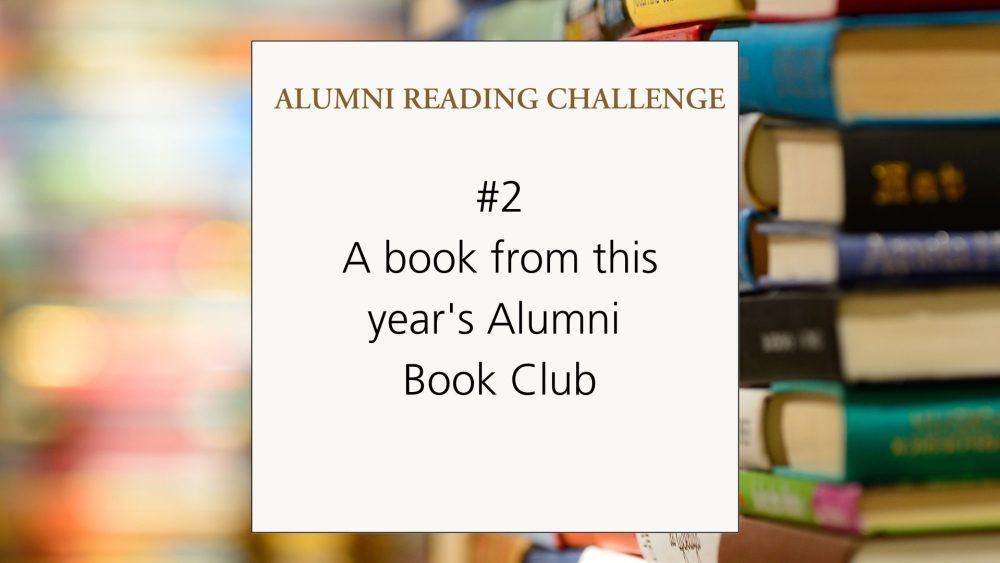
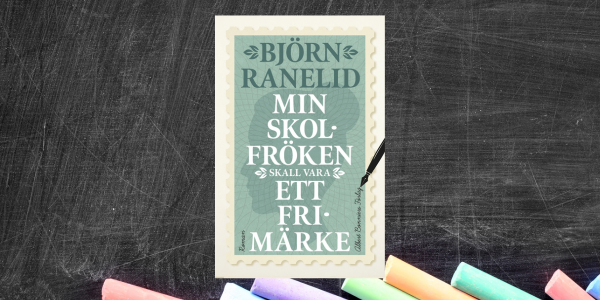
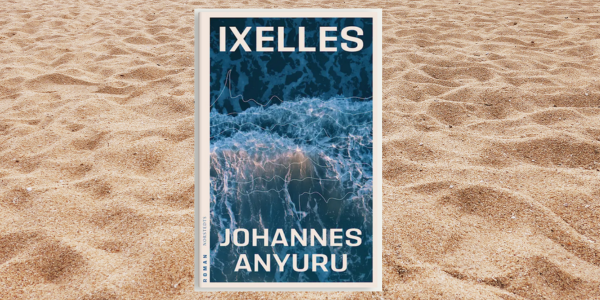
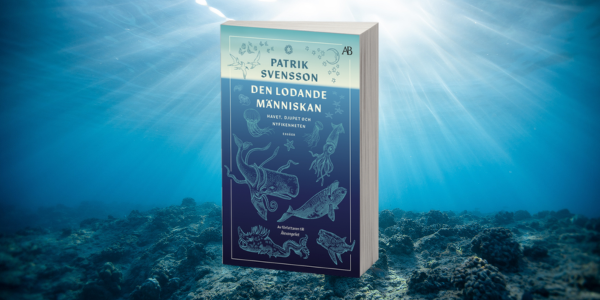
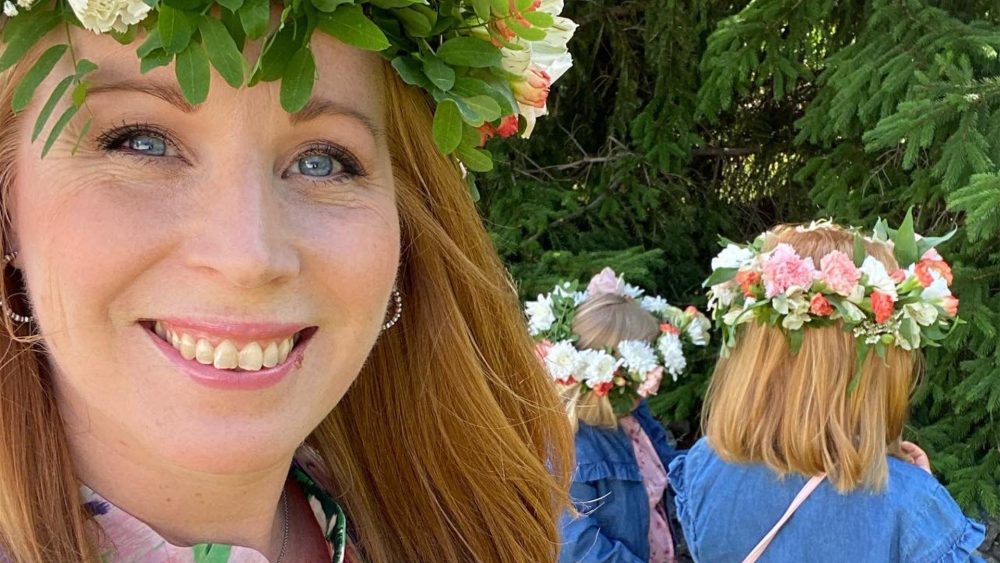
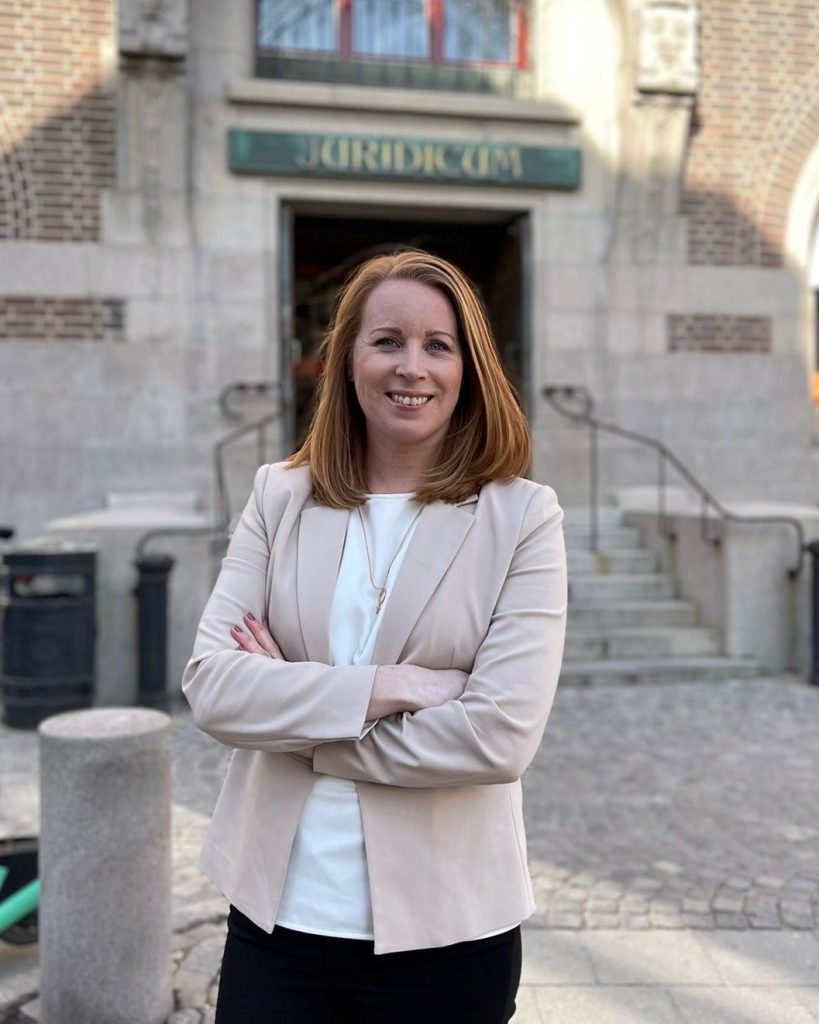
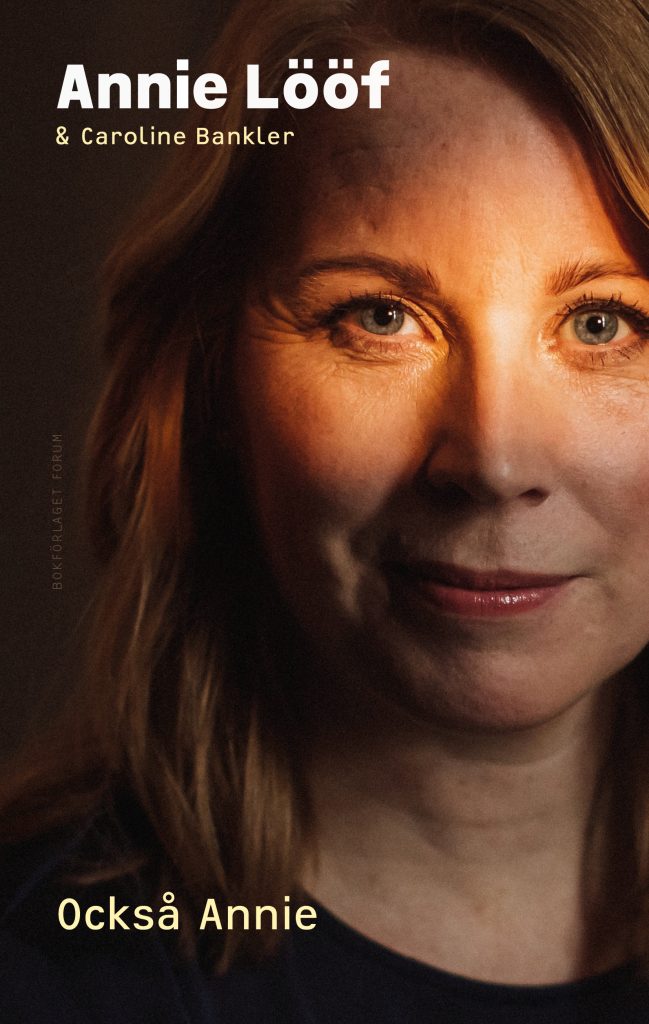
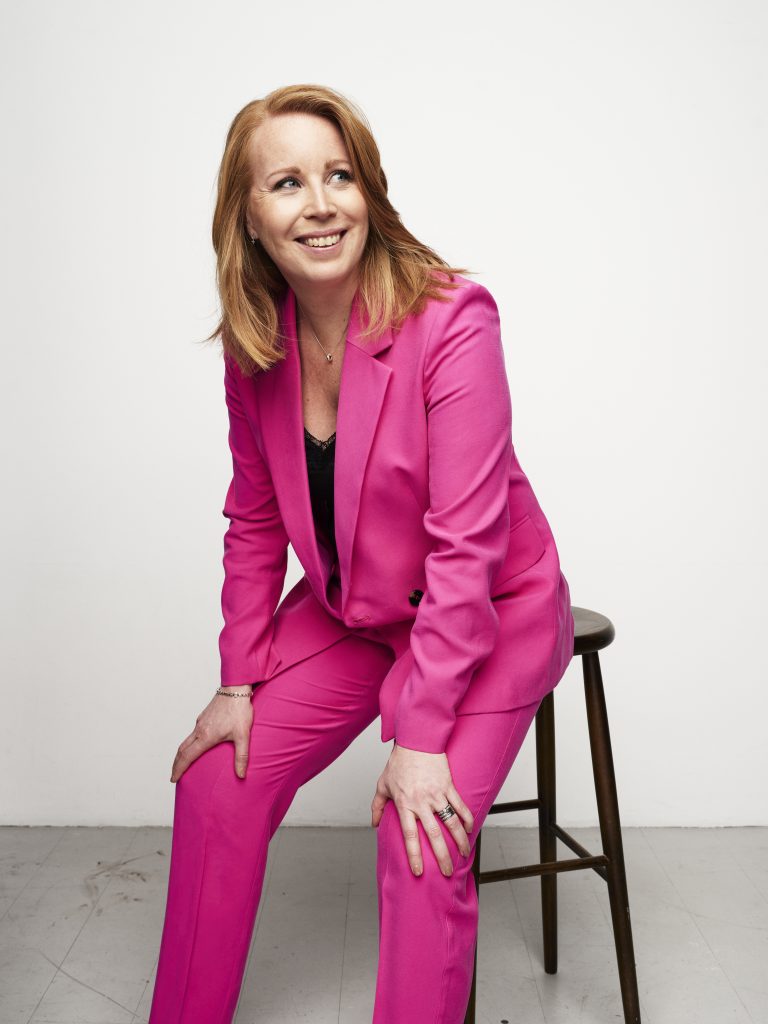

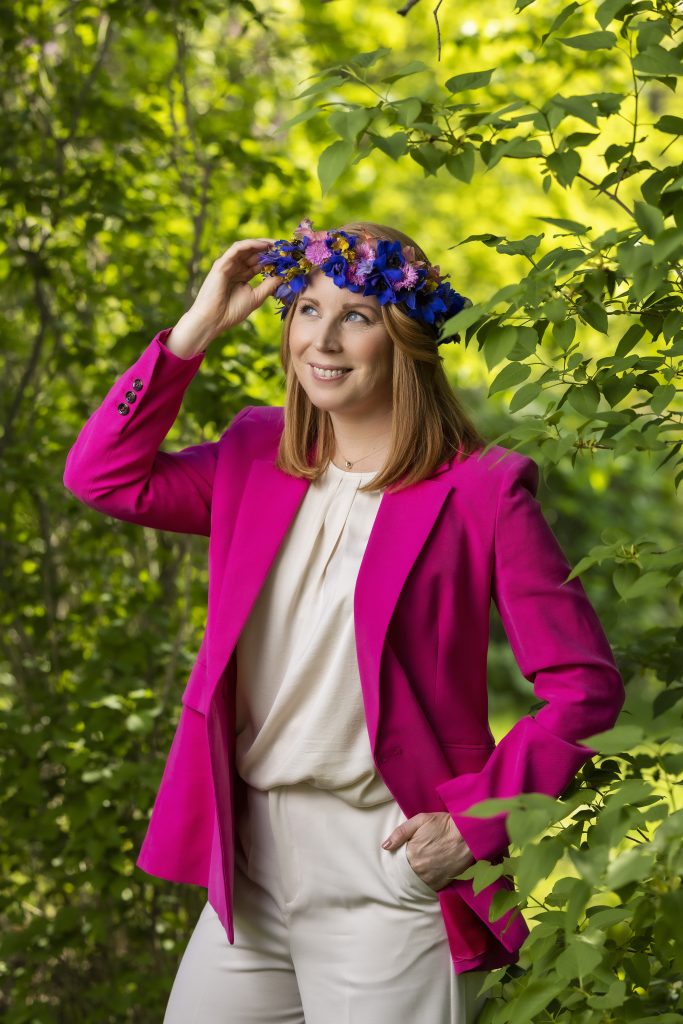


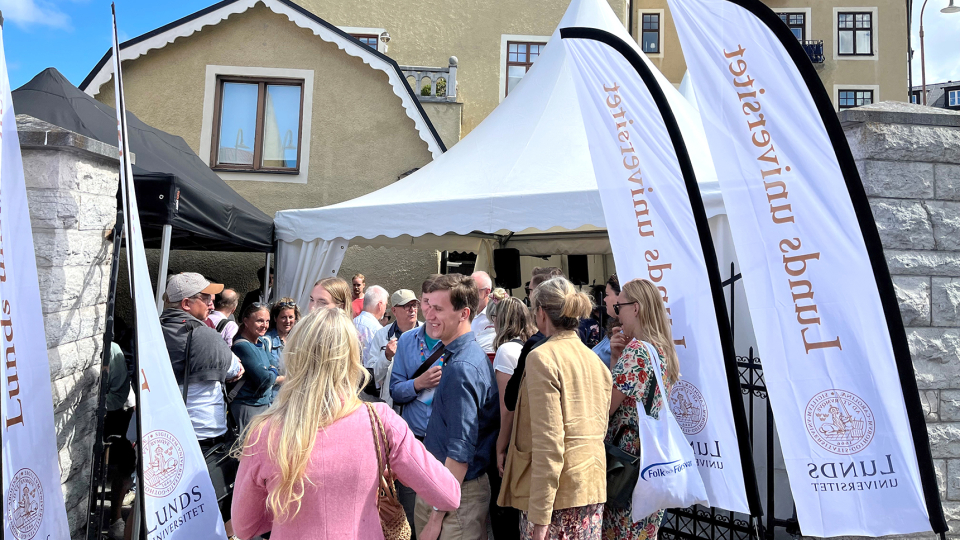
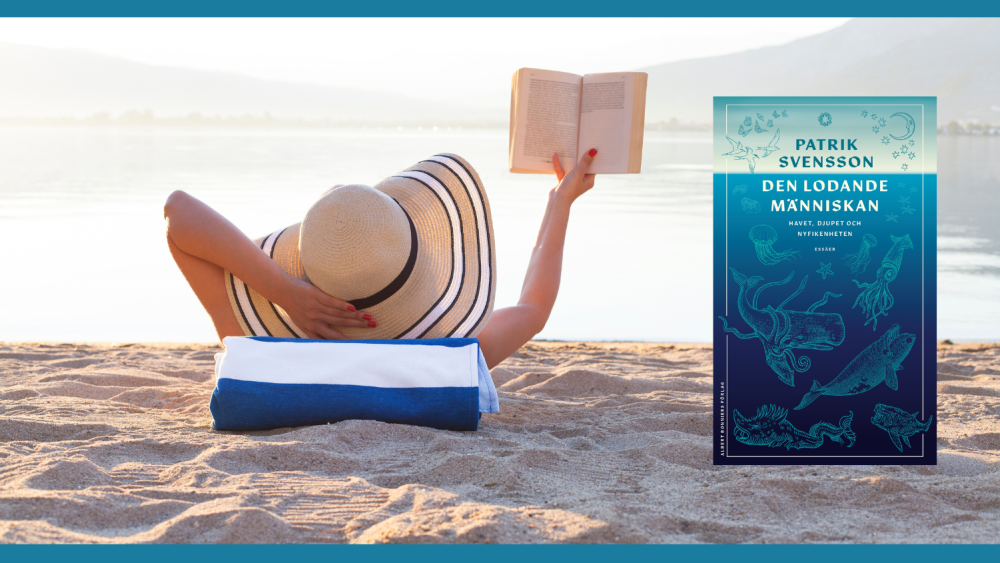
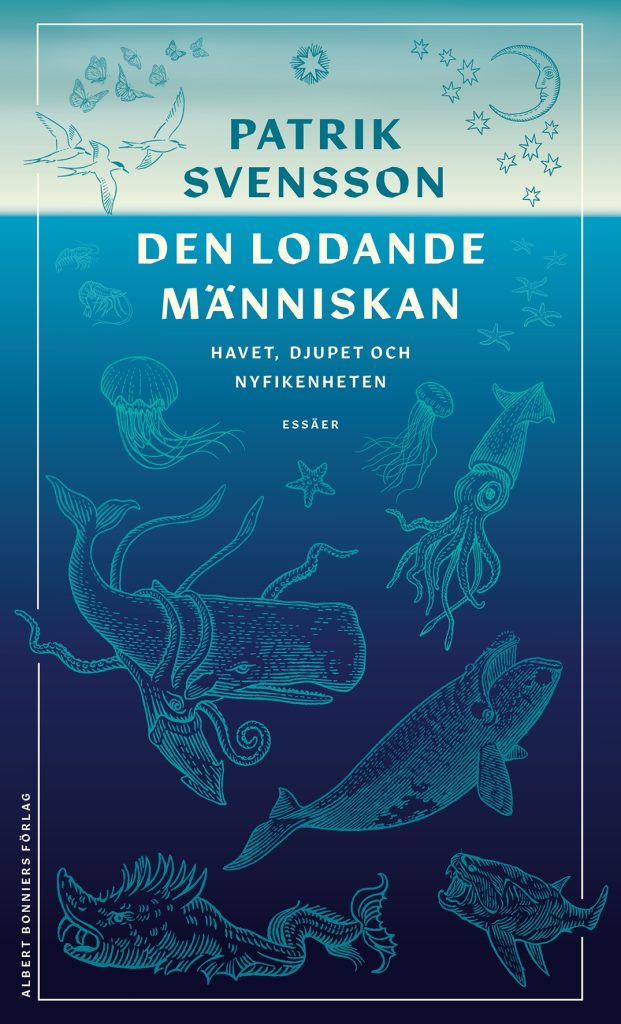
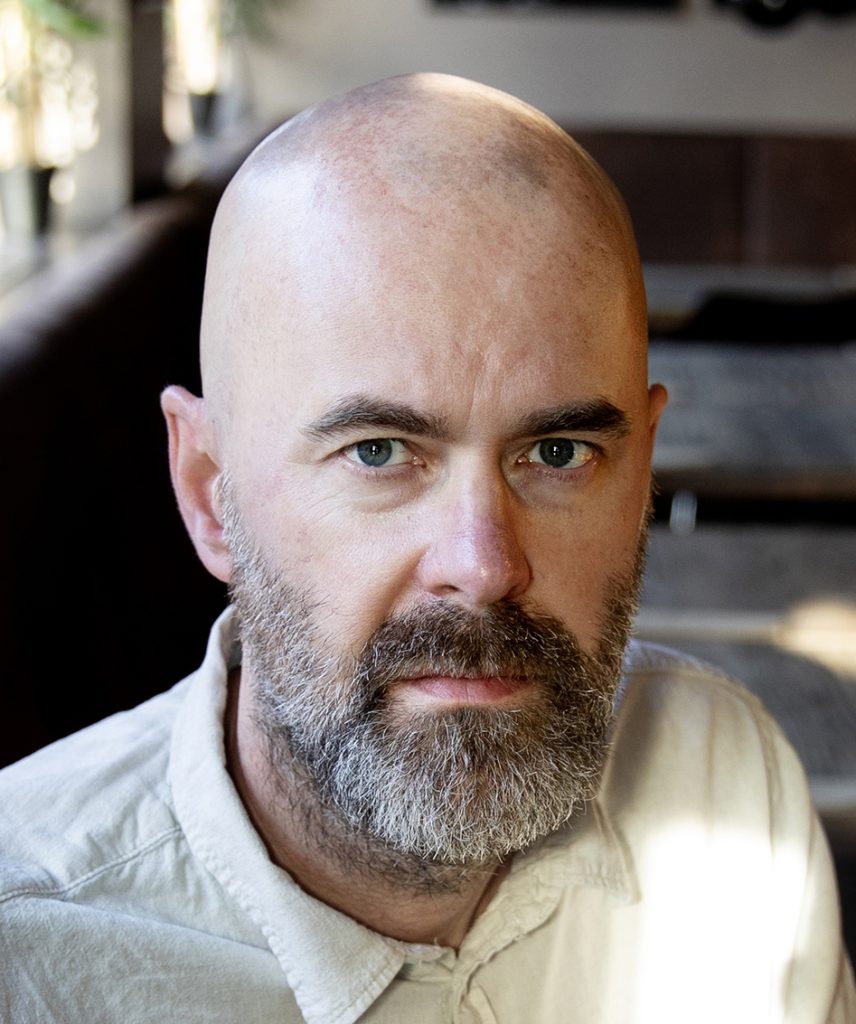
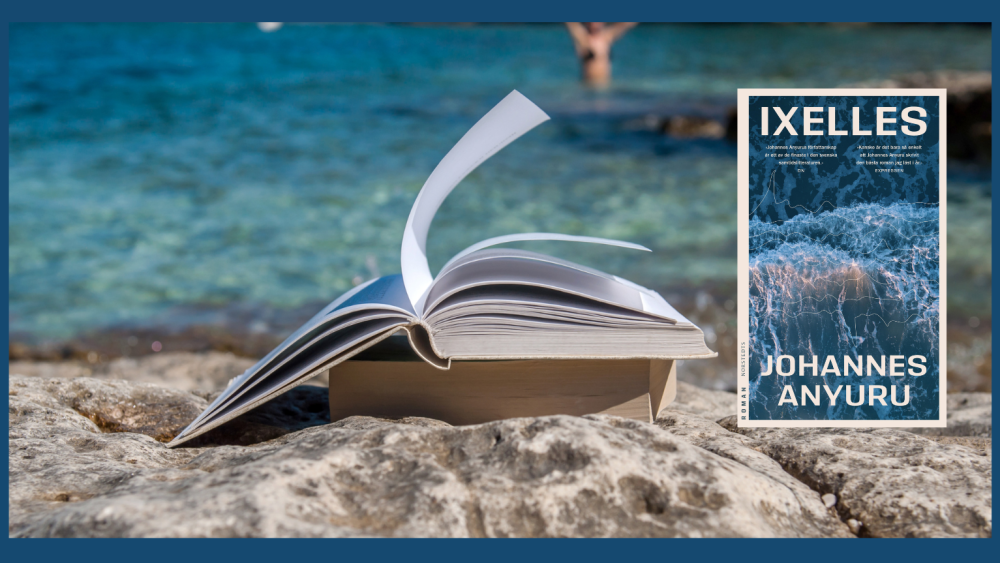
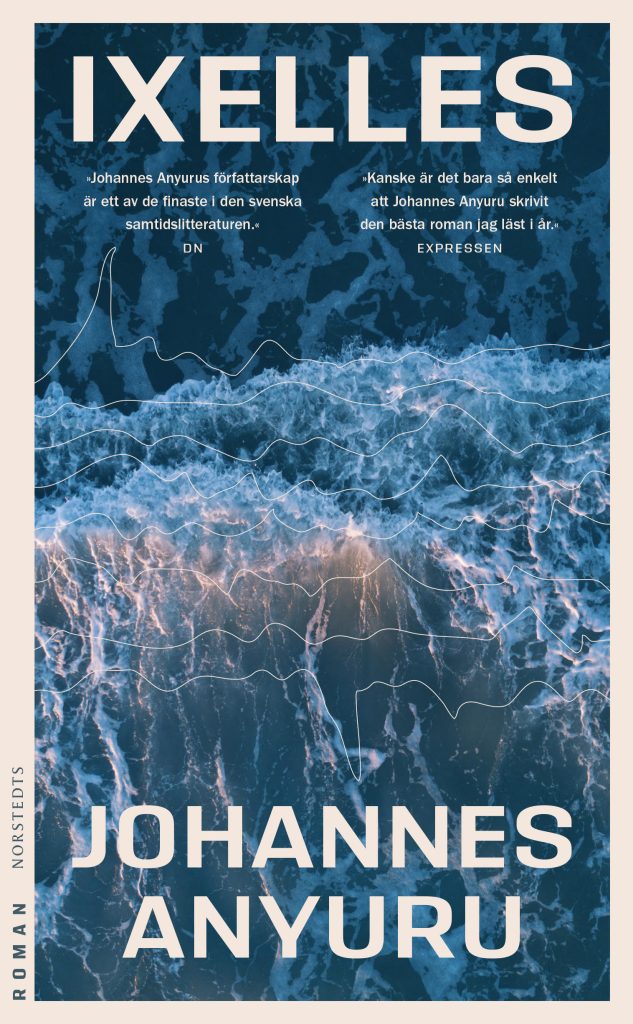
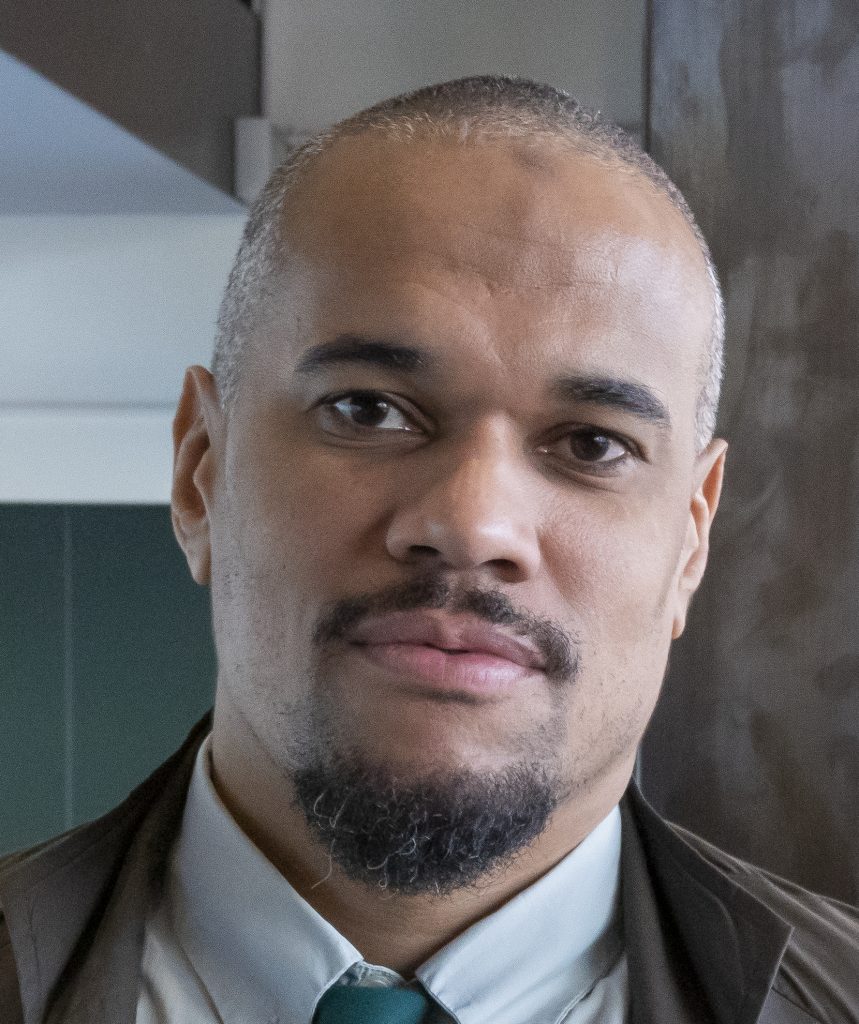
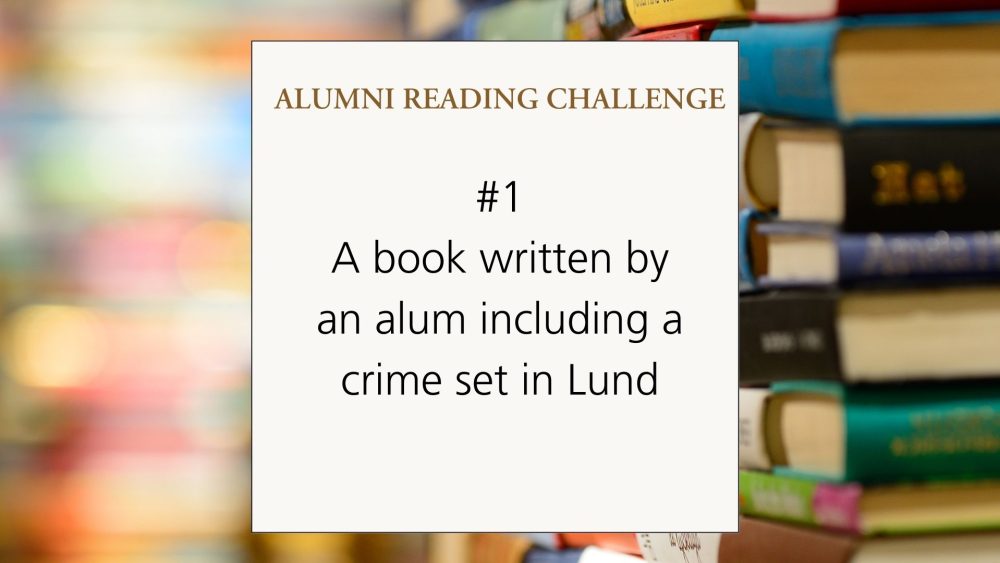
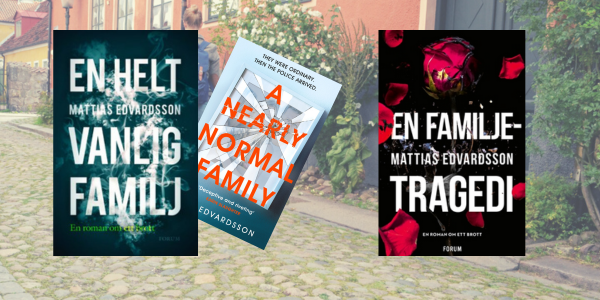
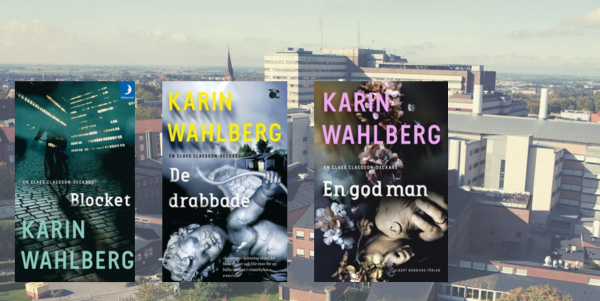
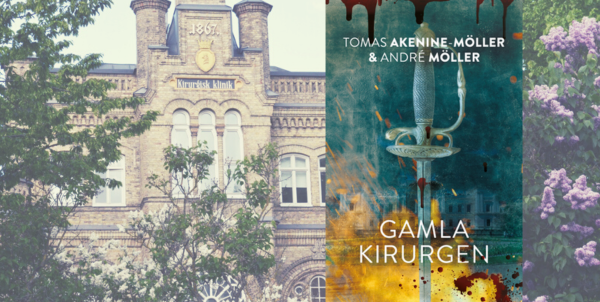

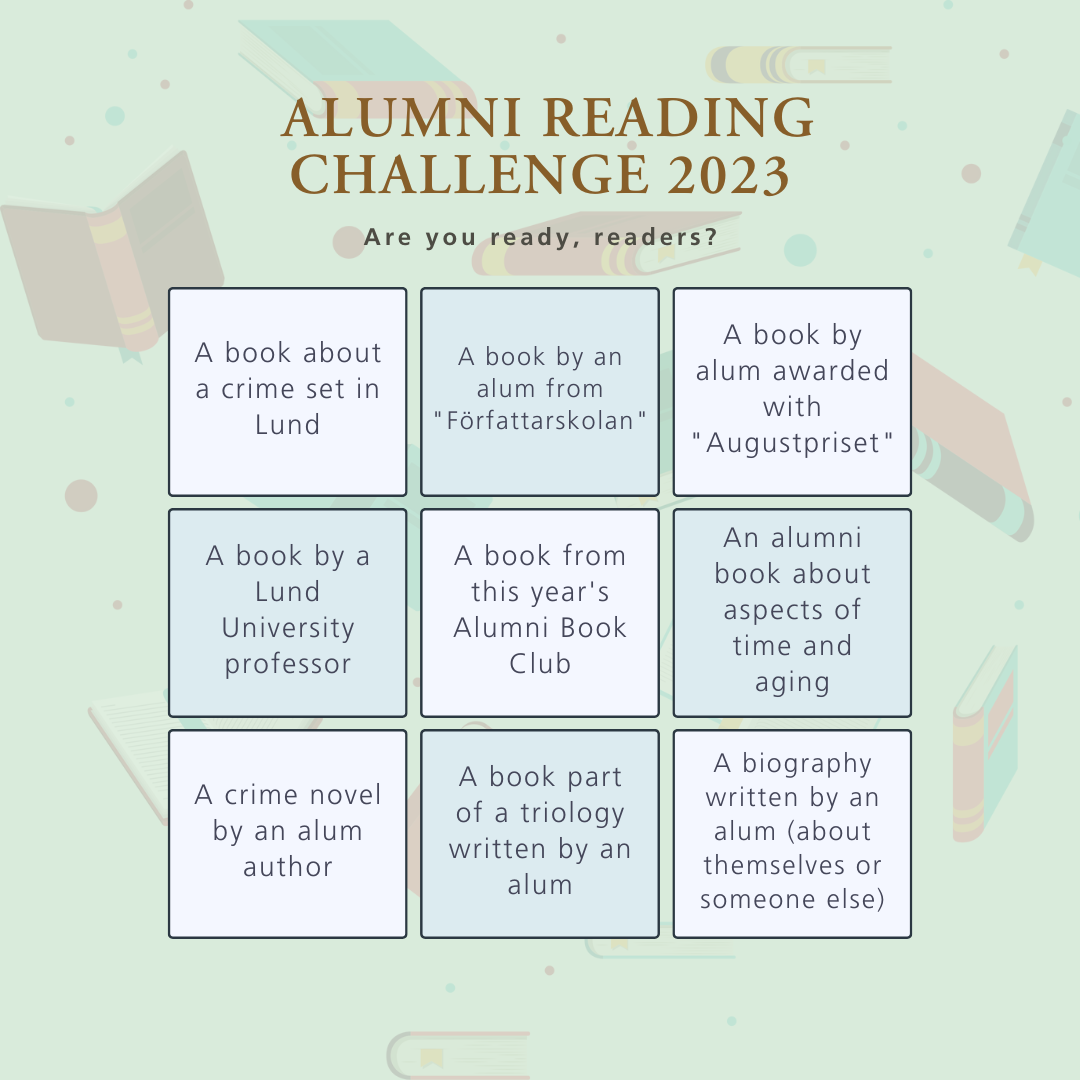
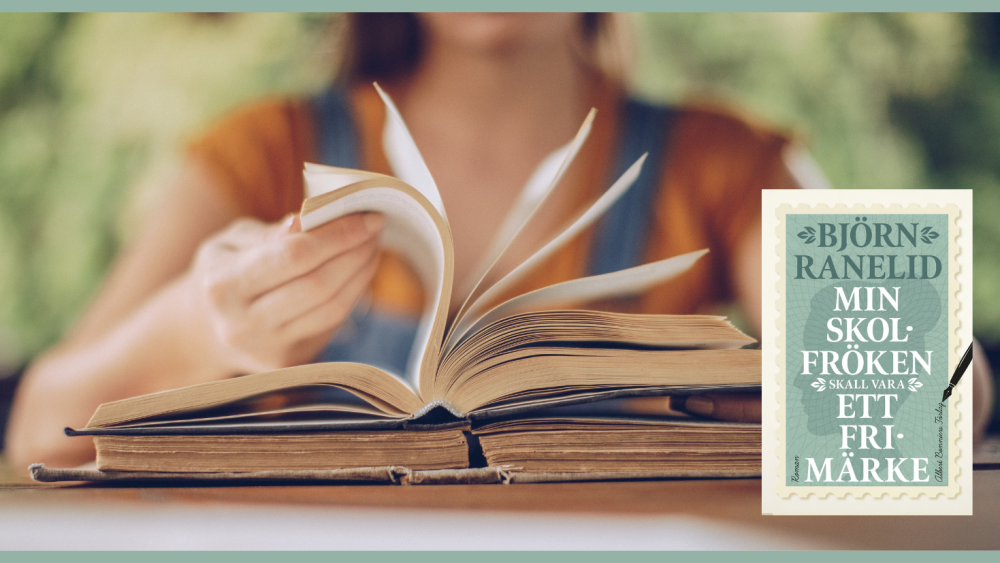
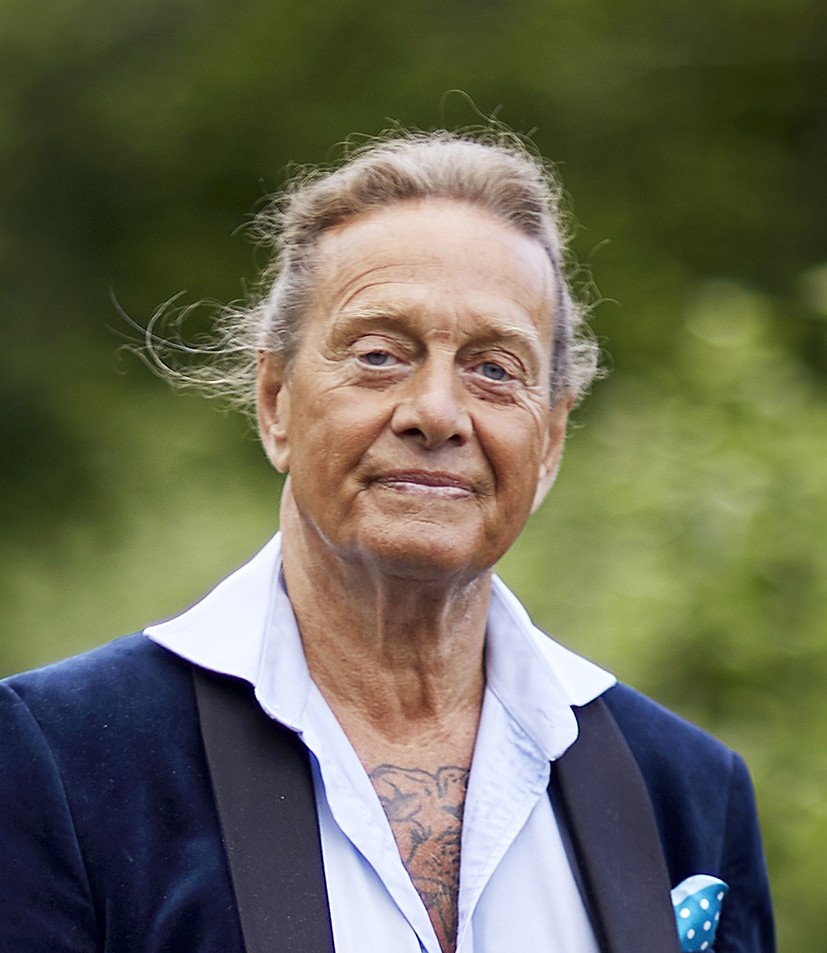
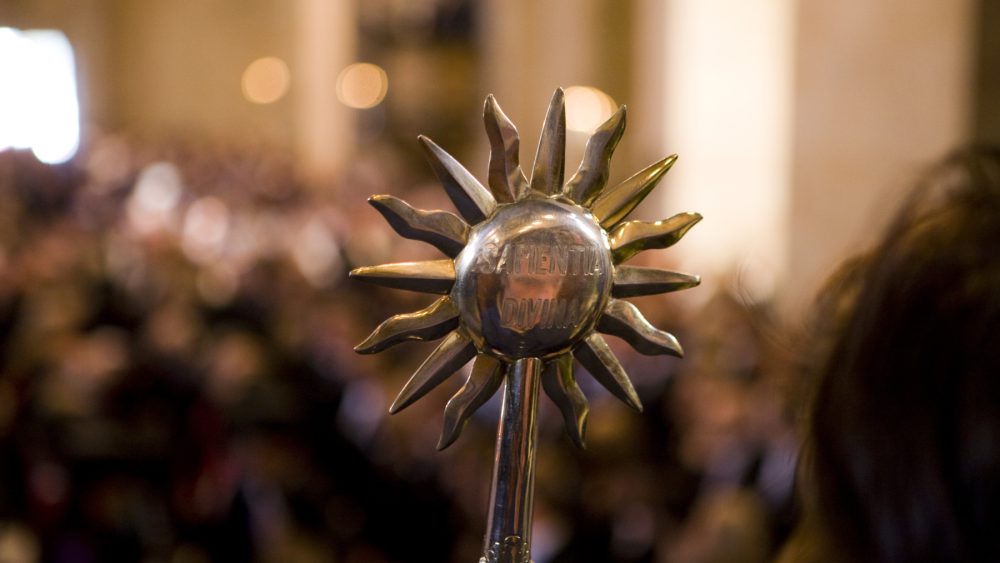












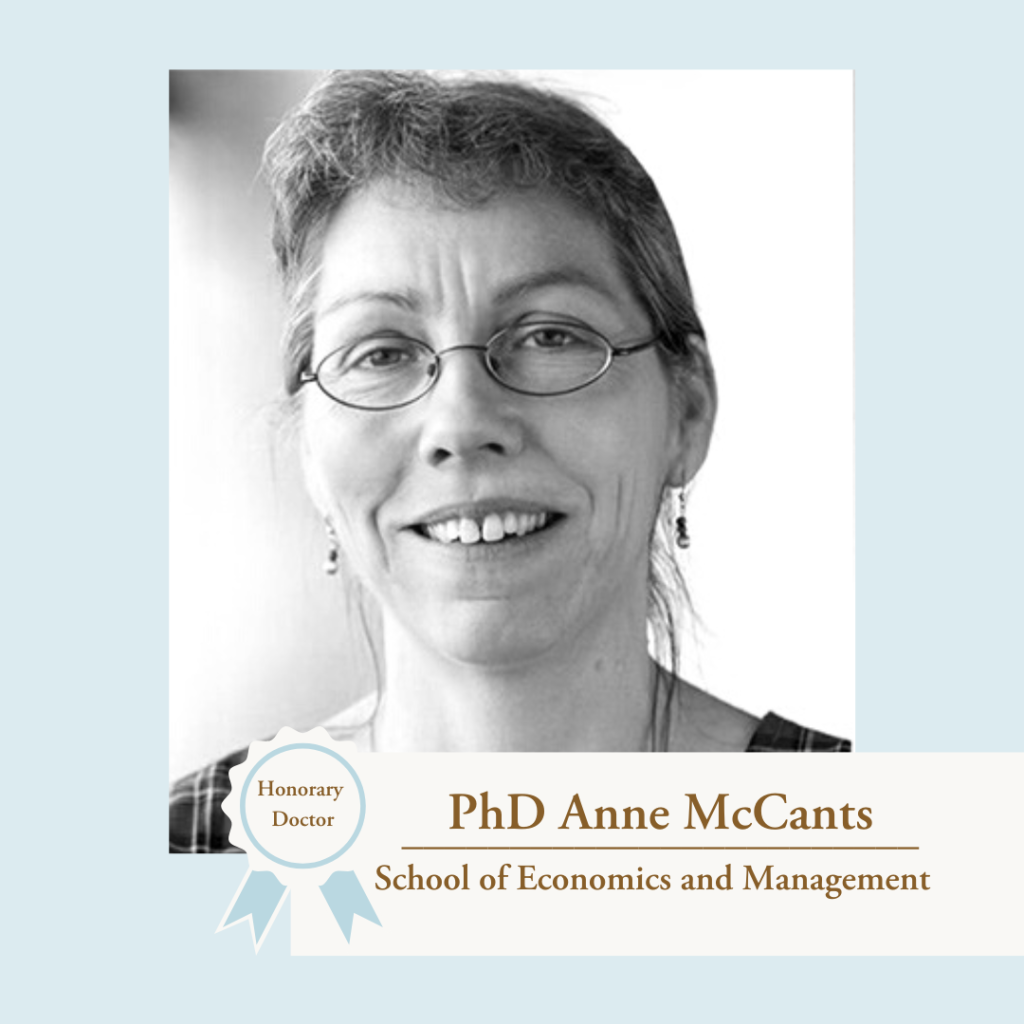





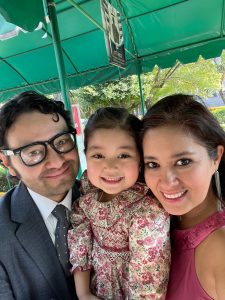 I usually balance my working life with my personal life, so almost everyday I try to have breakfast with my 4 year old toddler Isabella, then I head to the office where most of the time I work inside the lab. If possible, I love to have dinner with my husband and my daughter. During weekends we spend time together with our friends and family.
I usually balance my working life with my personal life, so almost everyday I try to have breakfast with my 4 year old toddler Isabella, then I head to the office where most of the time I work inside the lab. If possible, I love to have dinner with my husband and my daughter. During weekends we spend time together with our friends and family.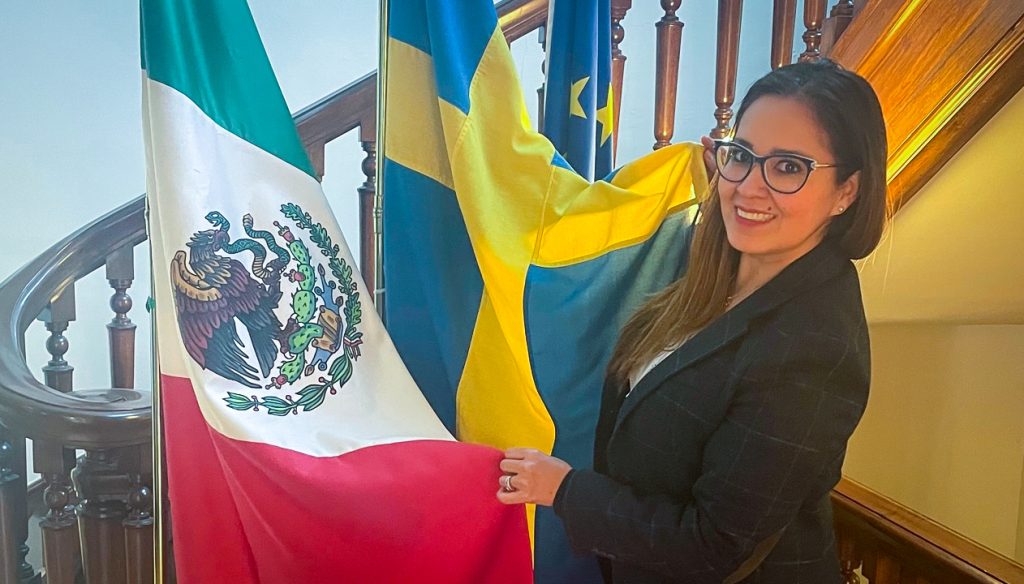
Comments